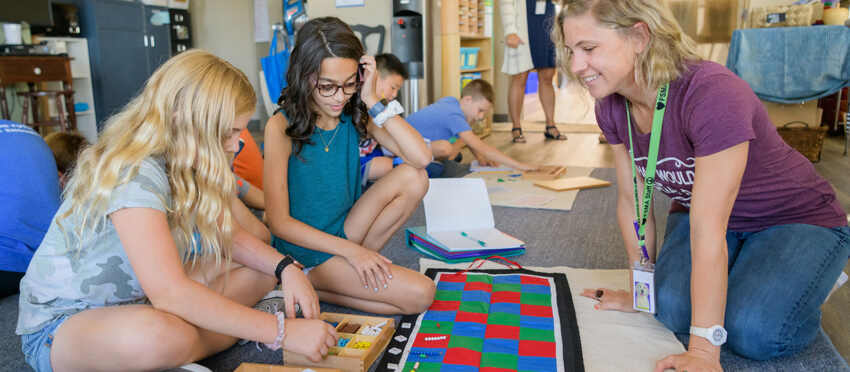Measuring the Montessori Way: Innovative Techniques for Teaching Early Numeracy
The Montessori method is an educational approach that emphasizes independence, freedom within limits, and a prepared environment. It was developed by Dr. Maria Montessori in the early 1900s and is used in schools worldwide. One area where the Montessori method excels is teaching early numeracy skills to young children.
The Importance of Early Numeracy
Numeracy skills are essential for children as they form the foundation for later mathematical concepts. It involves understanding and using numbers, quantity, measurement, patterning, and spatial relationships. By introducing numeracy concepts at a young age, children build a strong mathematical foundation that will benefit them throughout their educational journey and beyond.
Hands-on Materials
The Montessori method emphasizes the use of hands-on materials to teach concepts. These materials are specially designed to be self-correcting, allowing children to learn through exploration and independent discovery.
For early numeracy, Montessori classrooms are equipped with a range of materials such as the number rods, the spindle boxes, and the golden beads. These materials allow children to physically manipulate objects while learning about numbers, quantity, and patterns.
Number Rods
The number rods are a set of ten wooden rods of varying lengths, each painted a different color. Children can explore concepts such as length, counting, and number order by manipulating the rods. They can sequence the rods, match them with corresponding number cards, or even use them to create simple addition and subtraction equations.
Spindle Boxes
The spindle boxes consist of two wooden boxes with nine compartments each and a set of wooden spindles. Children are encouraged to place a corresponding number of spindles in each compartment, helping them understand one-to-one correspondence and the concept of zero. This material reinforces basic counting skills and introduces children to the concept of place value.
Golden Beads
The golden beads material allows children to understand the decimal system and perform simple mathematical operations. Each bead represents a unit, ten, hundred, or thousand, and children can combine them to form numbers and perform operations like addition and subtraction. The material paves the way for a deep understanding of place value and lays the groundwork for more complex mathematical concepts.
Sensorial Exploration
In addition to hands-on materials, the Montessori method promotes sensorial exploration as a means of learning. Various materials in the classroom engage children’s senses and help them develop a concrete understanding of abstract concepts.
For numeracy, children might use sensory materials like sandpaper numbers or the knobbed cylinders to enhance tactile perception. Associating a specific sensation with a numerical concept helps solidify the understanding and facilitates retention.
Individualized Learning
One of the core principles of the Montessori method is individualized learning. Each child learns at their own pace and can choose activities based on their interests and skill level. Consequently, children build confidence and develop a love for learning.
In the context of early numeracy, children work at their own pace, moving from hands-on materials to more abstract concepts when they are ready. The Montessori teacher observes each child’s progress and tailors the learning experience accordingly, ensuring that every child receives the support they need to succeed.
The Montessori approach to teaching early numeracy provides a solid foundation for children to develop a deep and meaningful understanding of mathematical concepts. Through hands-on materials, sensorial exploration, and individualized learning, children not only learn to count and recognize numbers but also develop problem-solving skills, spatial reasoning, and logical thinking abilities. The Montessori way of measuring early numeracy sets children up for a lifelong love of mathematics and a strong basis for further mathematical learning.
Nidhin
For More Details Call: +917510220582

